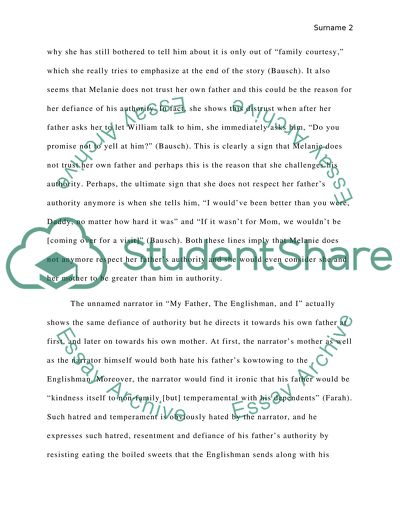Cite this document
(“Date) Similar Qualities and Circumstances between Melanie Ballinger in Essay”, n.d.)
Retrieved from https://studentshare.org/english/1458740-date-similar-qualities-and-circumstances-between-melanie-ballinger-in-richard-bauschs-arent-you-happy-for-me-and-the-unnamed-narrator-in-nurrudin-farahs-my-father-the-englishman-and-i
Retrieved from https://studentshare.org/english/1458740-date-similar-qualities-and-circumstances-between-melanie-ballinger-in-richard-bauschs-arent-you-happy-for-me-and-the-unnamed-narrator-in-nurrudin-farahs-my-father-the-englishman-and-i
(Date) Similar Qualities and Circumstances Between Melanie Ballinger in Essay)
https://studentshare.org/english/1458740-date-similar-qualities-and-circumstances-between-melanie-ballinger-in-richard-bauschs-arent-you-happy-for-me-and-the-unnamed-narrator-in-nurrudin-farahs-my-father-the-englishman-and-i.
https://studentshare.org/english/1458740-date-similar-qualities-and-circumstances-between-melanie-ballinger-in-richard-bauschs-arent-you-happy-for-me-and-the-unnamed-narrator-in-nurrudin-farahs-my-father-the-englishman-and-i.
“Date) Similar Qualities and Circumstances Between Melanie Ballinger in Essay”, n.d. https://studentshare.org/english/1458740-date-similar-qualities-and-circumstances-between-melanie-ballinger-in-richard-bauschs-arent-you-happy-for-me-and-the-unnamed-narrator-in-nurrudin-farahs-my-father-the-englishman-and-i.


